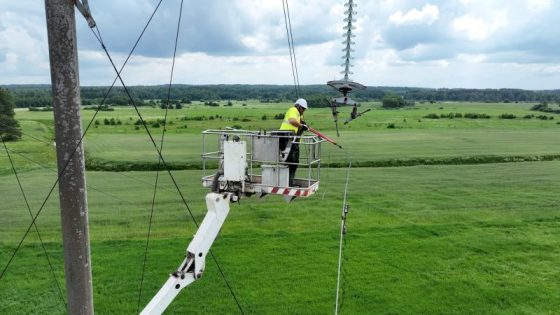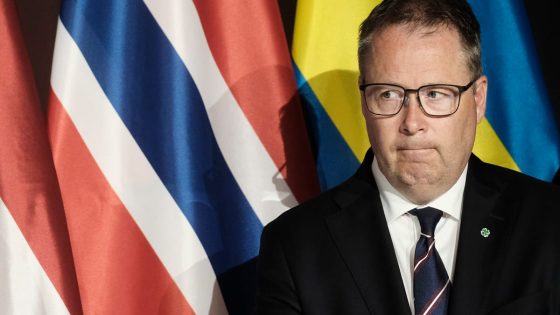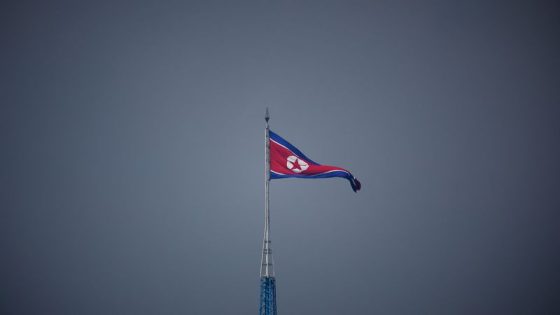On February 9, 2025, in Vilnius, Lithuania, the Baltic states of Estonia, Latvia, and Lithuania announced the successful synchronization of their electricity systems to the European continental power grid. This significant move marks the end of their decades-long energy ties with Russia and Belarus, enhancing the region’s energy security and integration with the European Union.
- Baltic states synchronized with European power grid
- Transition enhances energy security and EU integration
- Latvian President celebrates successful disconnection
- Baltic nations cut ties with Russian energy
- Regional tensions heightened after infrastructure outages
- Analysts warn of rising power prices ahead
The synchronization of the Baltic electricity systems to the European grid has been a long-term goal for the three nations. This transition was officially completed after disconnecting from the IPS/UPS network, which was established by the Soviet Union in the 1950s. The Baltic states had previously relied on this network for stability and frequency control, particularly after halting power purchases from Russia following its invasion of Ukraine in 2022.
Key details of the transition include:
- The disconnection involved cutting cross-border high-voltage transmission lines near the Russian border.
- Latvian President Edgars Rinkevics celebrated the achievement on social media.
- The EU foreign policy chief, Kaja Kallas, described the event as a victory for freedom and European unity.
The Baltic Sea region remains vigilant due to recent outages of power cables, telecom links, and gas pipelines believed to be caused by external factors. Analysts warn that further damage to these links could lead to a spike in energy prices similar to those seen during the early days of the Ukraine conflict. The successful synchronization represents a significant step in the Baltic states’ efforts to enhance their energy independence and security.
This transition to the European power grid not only ends the last remaining energy ties to Russia but also aligns the Baltic states more closely with EU energy policies. As these nations continue to bolster their energy security, they set a precedent for other countries in similar geopolitical situations.






















![[BREAKING] Fire erupts on Air Busan Plane at Gimhae Airport; All 176 onboard safely evacuated](https://news.faharas.net/wp-content/uploads/2025/01/Fire-Breaks-Out-on-Air-Busan-Flight-at-Gimhae-Airport-230x129.png)









